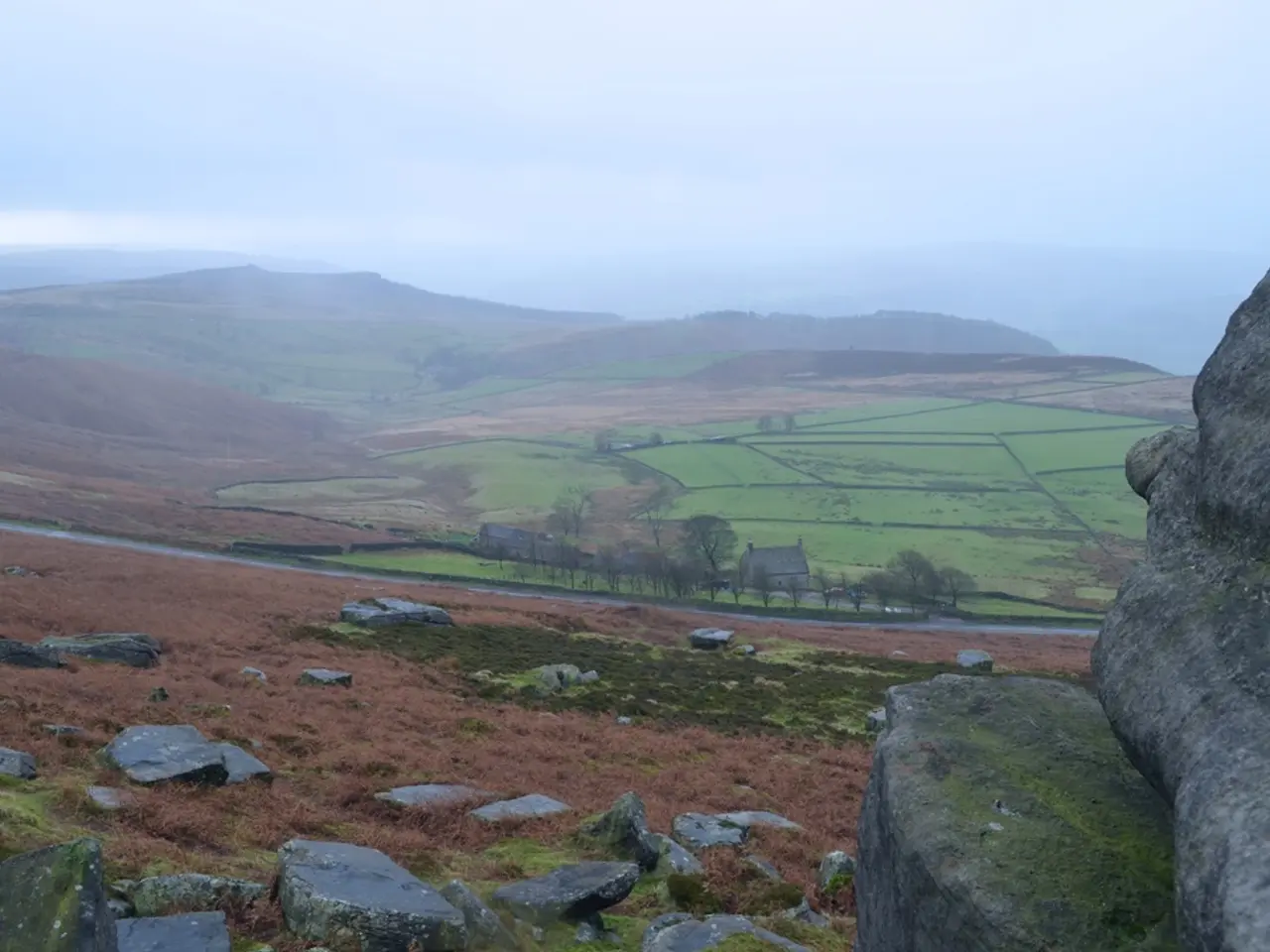Coastal Region of Tanzania, Referred to as Swahili Coast
The pristine coastline of Tanzania has emerged as one of Africa's tourism hotspots, boasting beautiful and protected natural landscapes. However, the region faces significant challenges in its quest for sustainable tourism development.
Marine litter is on the rise, threatening the very attractions that draw tourists. Inadequate waste management and pollution from fishing operations and local communities pose a threat to the ecological quality of the coastal and marine ecosystems.
Tourism also disrupts the cultural integrity of many villages in the region. The cultural heritage of the Tanzanian coastal region, with unique sites like Bagamoyo and Kilwa, is not fully capitalised on. Balancing tourism development with the protection of cultural sites requires careful management to avoid degradation, commodification, or loss of identity.
Political corruption, insufficient infrastructure, and poor waste management are major hurdles for the region's development as a sustainable tourist destination. A significant portion of tourism revenue in Tanzania seems to be unaccounted for, with money disappearing without clear explanation.
Despite these challenges, the Tanzanian government is pushing for expansion beyond safari tourism in the coastal region. The extensive Exclusive Economic Zone (over 223,000 square kilometers) and rich marine biodiversity offer strong potential for sustainable marine tourism, such as eco-tourism and sport fishing, if better protected and regulated.
The government's Blue Economy agenda includes plans to improve surveillance, regulation, and community participation, which could secure ocean wealth and support sustainable development for future generations. Regional cooperation and legal frameworks could be leveraged to address cross-border issues such as illegal fishing and unfair business restrictions.
However, recent policies banning foreigners from certain small businesses might hinder regional integration and tourism trade relations, especially with neighbouring Kenya.
In conclusion, sustainable tourism development on Tanzania’s coastline hinges on addressing political corruption, improving infrastructure and waste management, protecting cultural heritage, and enhancing ecological quality. There are strong opportunities through the Blue Economy and community empowerment if governance and regional cooperation challenges are managed effectively. Despite the challenges, the potential for tourism growth in the mostly unspoiled Tanzanian coastal region remains vast.
[1] World Wildlife Fund. (2021). Tanzania's Blue Economy: Opportunities and Challenges. [online] Available at: https://www.worldwildlife.org/pages/tanzania-s-blue-economy-opportunities-and-challenges
[2] Transparency International. (2021). Corruption Perceptions Index 2020: Tanzania. [online] Available at: https://www.transparency.org/en/cpi/2020/results/tanzania
[3] The East African. (2021). Tanzania bans foreigners from owning small businesses. [online] Available at: https://www.theeastafrican.co.ke/business/tanzania-bans-foreigners-from-owning-small-businesses/
[4] The Guardian. (2021). Tanzania: new president Samia Suluhu Hassan pledges to tackle corruption. [online] Available at: https://www.theguardian.com/global-development/2021/mar/19/tanzania-new-president-samia-suluhu-hassan-pledges-to-tackle-corruption
- The rise in marine litter, fueled by inadequate waste management and pollution, highlights the need for environmental-science to preserve the pristine coastal environments that attract travelers.
- Balancing the expansion of tourism in Tanzania's cultural heritage sites with their protection requires a lifestyle that emphasizes respect for these historical locations to avoid degradation or loss of identity.
- Scientific research in Tanzania's marine ecosystems is essential for informing sustainable travel activities such as eco-tourism and sport fishing, which could contribute to the region's development and the protection of its rich biodiversity.
- Effective governance and regional cooperation are crucial for addressing challenges like illegal fishing, corruption, and unfair business restrictions that hinder Tanzania's potential for sustainable travel growth and securing its ocean wealth for future generations.





